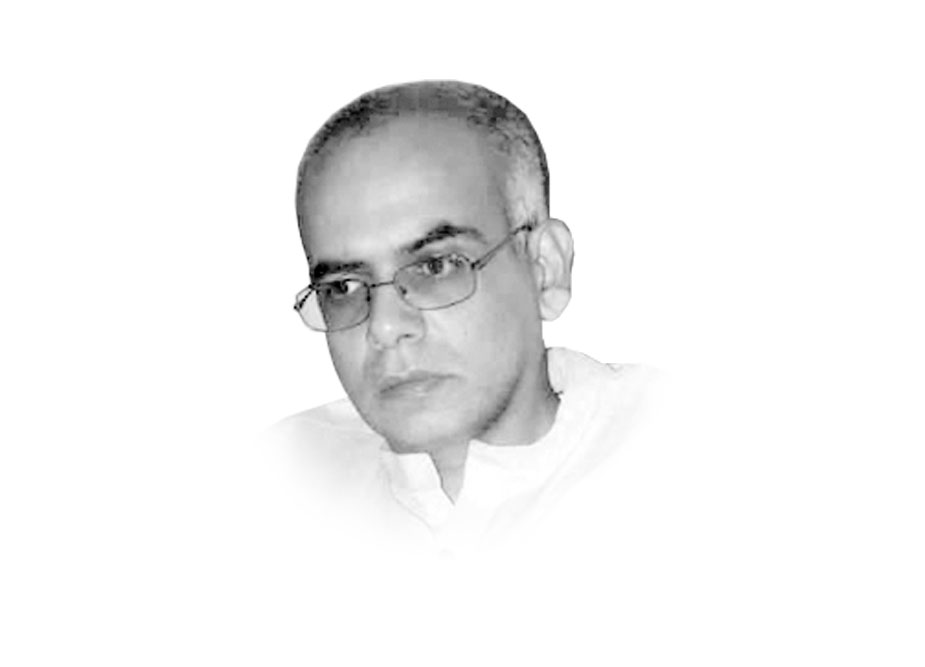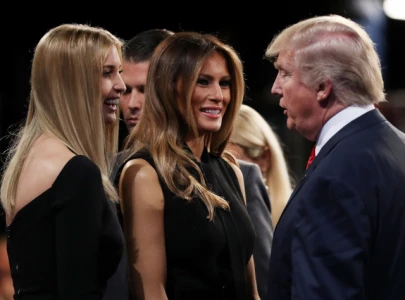
The three students were killed over what the police initially described as a parking dispute with a white middle-aged neighbour, who later turned himself in. Although Hicks’s wife remained adamant that religion was not behind the slayings, Muslims across the globe asserted that the incident had been under-reported by the US mainstream media because of the religion of the victims, with many claiming the crime would have garnered more attention had the gunman been a Muslim.
Muslim groups in the US were quick to react. They organised a prayer outside the White House. Dozens of vigils were held, not only in the US, but in several other countries as well, as the case quickly became internationalised. The government of Jordan, former home of the family of two of the victims, stated it was closely watching the case. The prime minister of Turkey also rebuked President Obama for not speaking out against the killings. Even the secretary general of the UN extended condolences to the victims’ families. The overall reluctance of US authorities to acknowledge this incident as a hate crime indicates a hesitation to recognise growing Islamophobia, which has begun to afflict Western societies over the last decade.
The rising Islamophobia in much of Europe, North America and even Australia, coincides with the global war on terror and subsequent conflicts, which have come to afflict much of the Muslim world. For example, the American-Arab Anti-Discrimination Committee recently pointed out how it had recorded a jump in reported “hate rhetoric” recently following the release of Clint Eastwood’s Iraq war movie, American Sniper. The sporadic acts of violence in Western countries targeting non-Muslims, presumably justified as acts of retribution against the West, also make Muslims residing in Western countries feel increasingly insecure.
It is encouraging to see that the growing international pressure did compel President Obama to condemn the killings and federal investigators began an inquiry into whether the killings were a hate crime. Civil rights and Muslim advocacy groups, as well as the victims’ families, have noted that even if the FBI inquiry was partly about appearances, such appearances matter, since they do also send out a much-needed message that the US government is ready to take serious action against anti-Muslim and anti-Arab biases and hate-crimes.
While it is well and good that political parties in Pakistan, including the Jamaat-e-Islami, also criticised the US for its tardy response to the Chapel Hill shooting, we would also do well to become a bit more self-reflective, and acknowledge the numerous hate crimes, which target minorities in our own society.
Published in The Express Tribune, February 20th, 2015.
Like Opinion & Editorial on Facebook, follow @ETOpEd on Twitter to receive all updates on all our daily pieces.

1726117332-0/Megan-Thee-Stallion-(1)1726117332-0-165x106.webp)









1735025557-0/Untitled-(96)1735025557-0-270x192.webp)







COMMENTS (2)
Comments are moderated and generally will be posted if they are on-topic and not abusive.
For more information, please see our Comments FAQ